APPC has launched the Annenberg Science Media Monitor to analyze the content of news reporting on science. The first report focuses on coverage of scientific discovery.
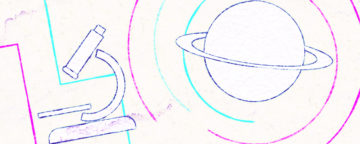

APPC has launched the Annenberg Science Media Monitor to analyze the content of news reporting on science. The first report focuses on coverage of scientific discovery.
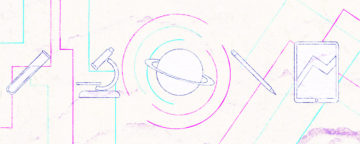
In order to increase public understanding of the scientific process by improving science reporting in news, the Annenberg Science Media Monitor analyzes the news coverage of widely reported scientific findings and disseminates its findings to science journalists.
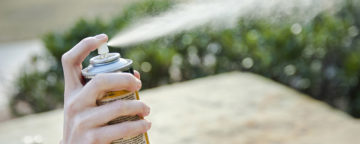
Social and news media have different associations with risk perceptions and preventive behavior in an emerging health threat such as Zika, according to new research.
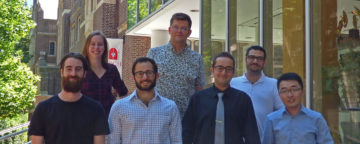
APPC has welcomed seven new postdoctoral fellows in the Science of Science Communication. They bring expertise in communication, media, political science, and psychology, among other fields.
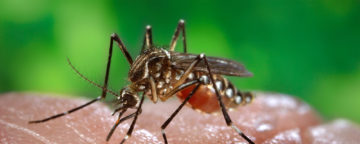
Threatened by the mosquito-borne Zika virus in 2016, Florida residents were much more likely than non-Floridians to report taking protective measures. Even so, fewer than half of Floridians said they actually did so.
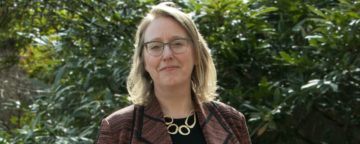
Ellen Peters, a psychology professor at the Ohio State University who specializes in decision making and innumeracy, has returned this spring to Penn, where she studied as an undergraduate.